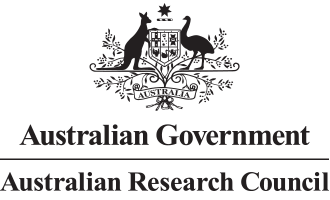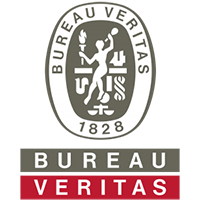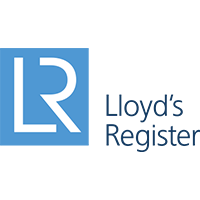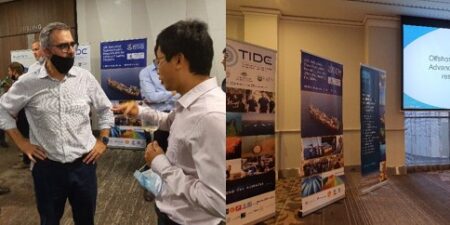Overview
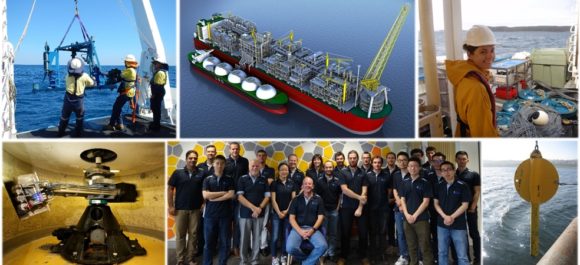
The Industrial Transformation Research Hub for Offshore Floating Facilities (OFFshore ITRH) commenced in May 2016 and ended in Dec 2021. This multi-disciplinary research initiative, jointly funded by industry and the Australian Research Council, collaborated to address the critical engineering challenges being faced by offshore oil and gas projects by creating improved design and operating procedures. The OFFshore ITRH was based at the University of Western Australia, with nodes at Western Sydney University and The University of Southampton.
Find Out
News
As official sponsor of the Society for Underwater Technology’s (SUT) first Evening Technical Meeting (ETM) of 2022 in Perth, OFFshore Hub members presented to a packed (socially distanced) house – with over 75 people in attendance. The OFFshore Hub sponsored event highlighted impactful project outcomes of the OFFshore Hub wave-structure interaction research stream. The multidisciplinary research…
Read moreFeeds
Follow usWhat a great turn out for the first @SUTPerth
ETM of the year – with @offshorehub
@UWAresearch-ers and industry p… httpss://t.co/7SdLFmJHu1
What a great turn out for the first @SUTPerth ETM of the year – with @offshorehub @UWAresearch -ers and industry pa… httpss://t.co/r17fmuYuLP

